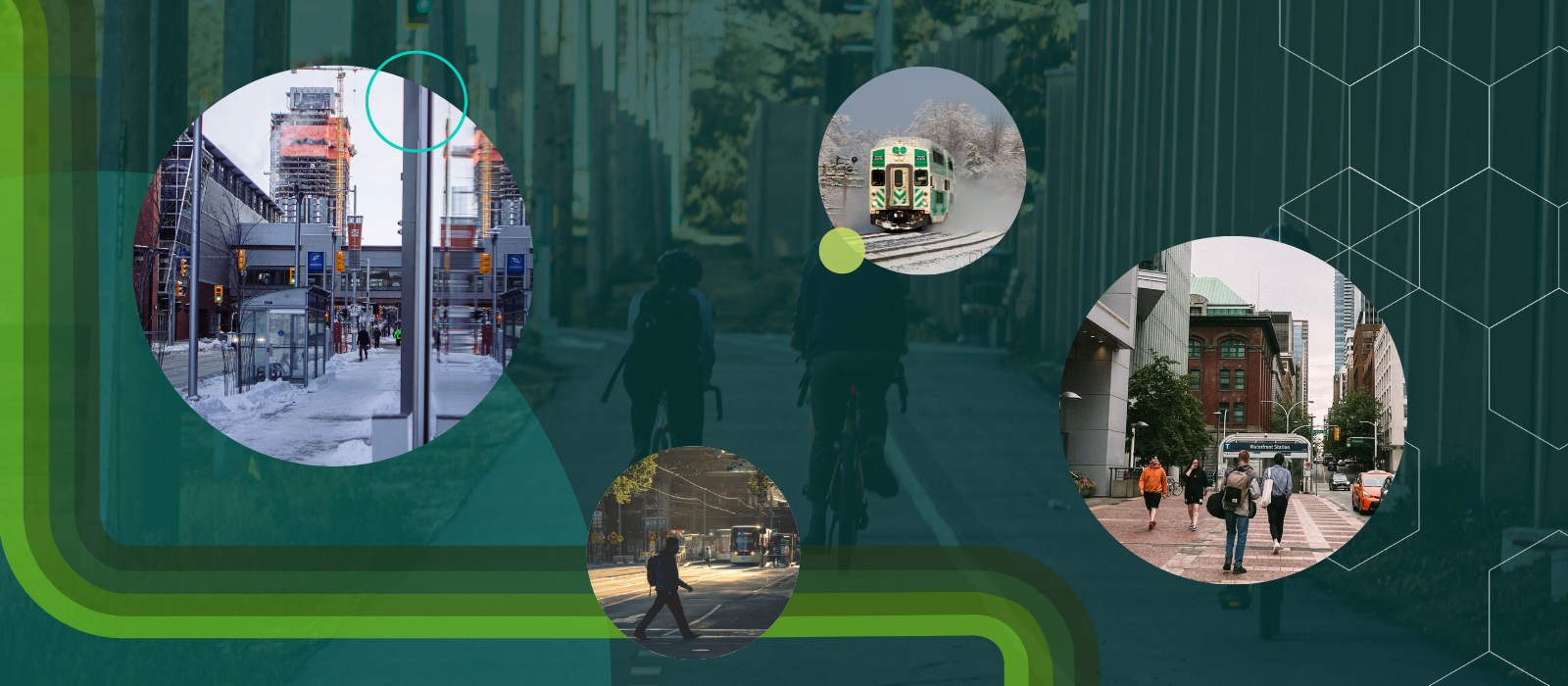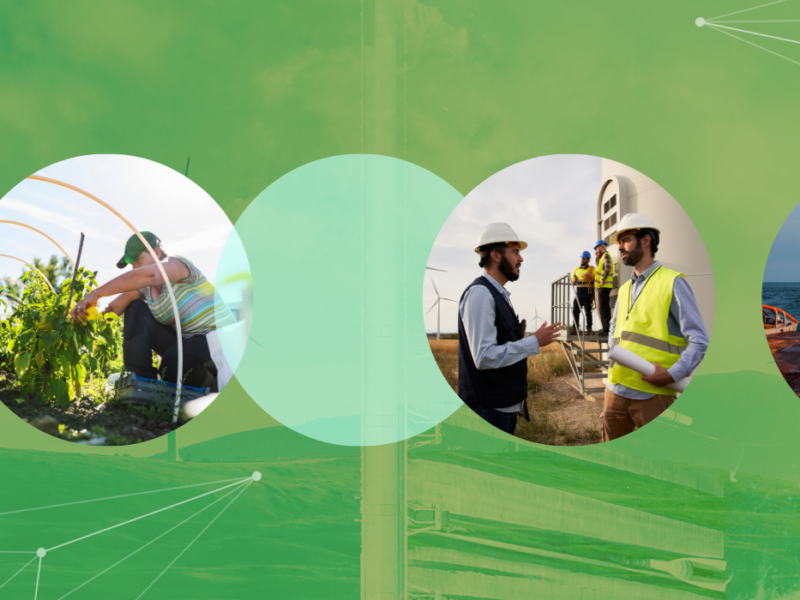Accelerator program helps sustainable commuting organization turn ideas into reality

As a sustainable commuting organization, pointA works to reduce the negative impact of congestion and create a healthier, happier workforce. When we were offered the opportunity to participate in the Future Skills Centre’s Accelerator program, which supports innovative projects in developing novel solutions, we leapt at the chance. FSC staff said they chose to invite us into the program due to our focus on a future-oriented need (remote work) and its strategic importance to us, plus our team’s openness and candour.This opportunity enabled us to take lessons learned from a previous FSC grant we received in 2021 and continue bringing remote work solutions to workplaces across Canada.
As a leader in customized commute solutions, we have often leveraged remote work as a tool to reduce congestion. With the rise of remote work in the pandemic, there was a greater need to find long-term solutions to support workers – whether based at home or the office – and help companies develop processes and policies to facilitate effective hybrid work.
The earlier grant, part of FSC’s Shockproofing cohort, allowed us to expand our geographic and customer segment scopes, working across Canada to deliver virtual programming to small-and-medium-sized enterprises (SMEs) most affected by the pandemic, including women, entrepreneurs, owners and operators who are BIPOC (Black, Indigenous, people of colour) and persons with disabilities. The recent funding provided us with a systematic approach, tools and support to develop solutions or pathways to build on our findings from the original Shockproofing grant. One result is the publication of our online remote work toolkit to help businesses understand and adapt to the work-from-home concept.
Testing new ideas
At the start, we had a brand-new team and no-one had participated in an innovation program like this before so we didn’t know what to expect. It took a while for us to really get started so that we could understand and manage our expectations, but the team quickly began working together to build on solutions that we brought to the program. This program was crucial in helping us build a strong, collaborative team culture.
We were ambitious and came up with four remote work solutions to test during the Accelerator because the Shockproofing grant helped us see that there were many paths we could take. We explored the continuation of working with women who ran and owned remote SMEs as well as looking into working with incubators and accelerators on teaching remote work strategies and skills. We also tested solutions designed for large workplaces, our traditional customer segment.
The extensive interviews with potential customers and internal brainstorming sessions helped us revise our concepts based on feedback, develop new ideas, and determine criteria to pursue a particular solution. For those that passed viability, feasibility, and marketability tests but would be resource-intensive, we applied for grants to further develop them. We abandoned the accelerator or incubator idea when we realized that each one operated differently and therefore very few would fit our customer profile.
Support and advice
A key feature of our experience was support from an innovation advisor to guide experimentation and testing of concepts. Working with systemic innovation leader Jerry Koh was a highlight. Brought in by FSC to advise, he was exactly the resource we needed, combining support and advice while pushing us forward every week – with a calm manner and a smile. Jerry put fire under us to ensure we brought something to the table each week to get feedback on and advance along the innovation journey.
Jerry also referenced two books that we read during the program: Value Proposition Design – the concept of ensuring that a product or service is positioned around customer values and needs – and the Lean Startup methodology, a way to generate business and products through shorter development cycles and quickly discover if a proposed business model is viable. We apply these concepts regularly when we do our own innovation work.
While pointA is 20 years old, the pandemic brought disruption and uncertainty to our organization, forcing us to confront new realities on how we as an organization operate and work with our clients. Pushing ourselves to innovate and test new ideas while building trust and collaboration between new team members who were also dealing with the impact of COVID-19 was a tall order, but this program gave us a runway to learn how to turn ideas into reality by providing time and space, along with funding, tools, support and advice. The ideas were developed enough to garner grant funding, enabling us to scale them further or launch them and bring them to market.
We are grateful for the support and funding we received through the Accelerator program. It challenged us to move beyond our comfort zone but gave us a safe space to realize that we could work together to ideate and develop viable solutions, simply by investing in our team.
Dorinda So is the Executive Director of pointA. This post is one in a series of blogs about the Accelerator program.
The views, thoughts and opinions expressed here are the author’s own and do not necessarily reflect the viewpoint, official policy or position of the Future Skills Centre or any of its staff members or consortium partners.




